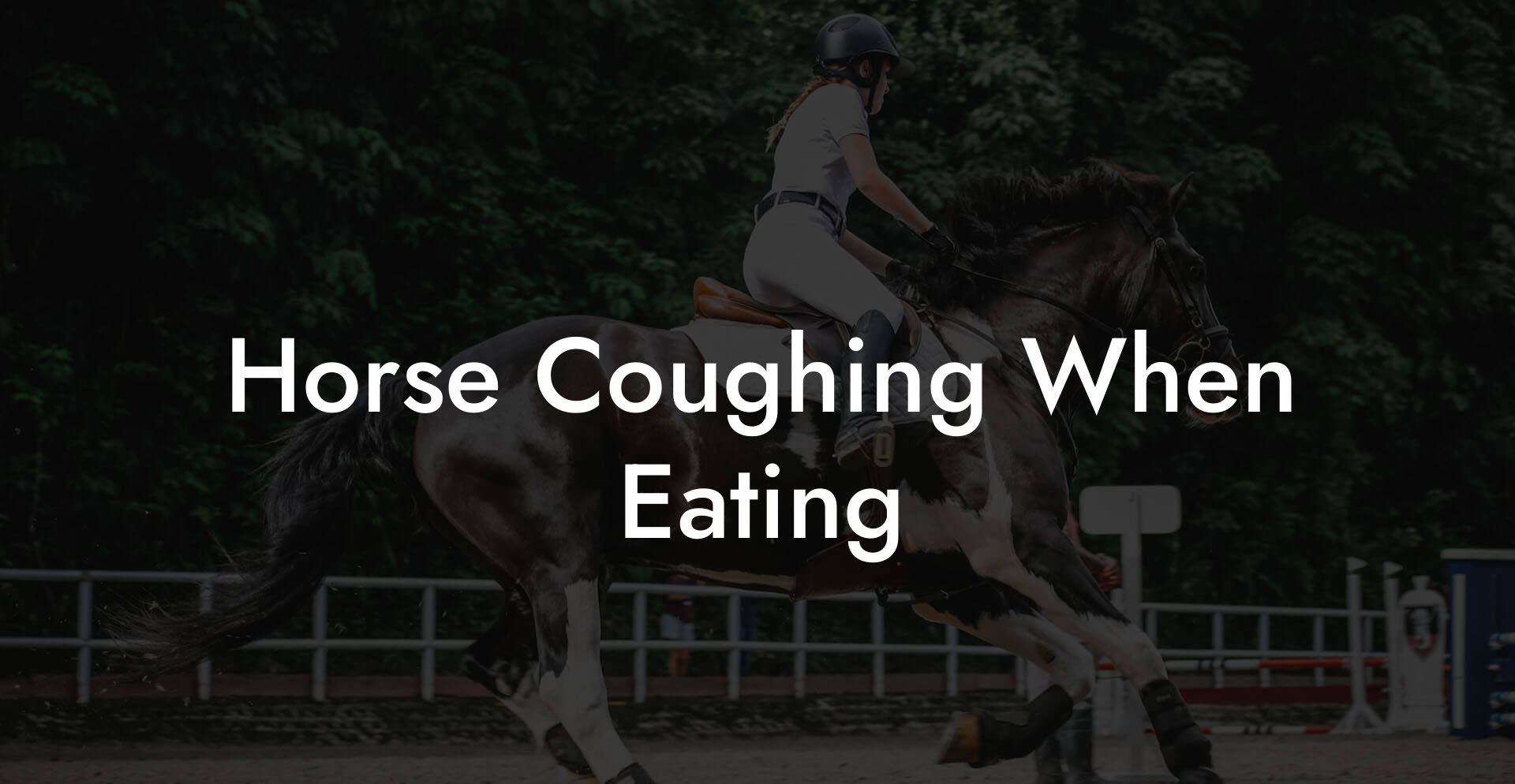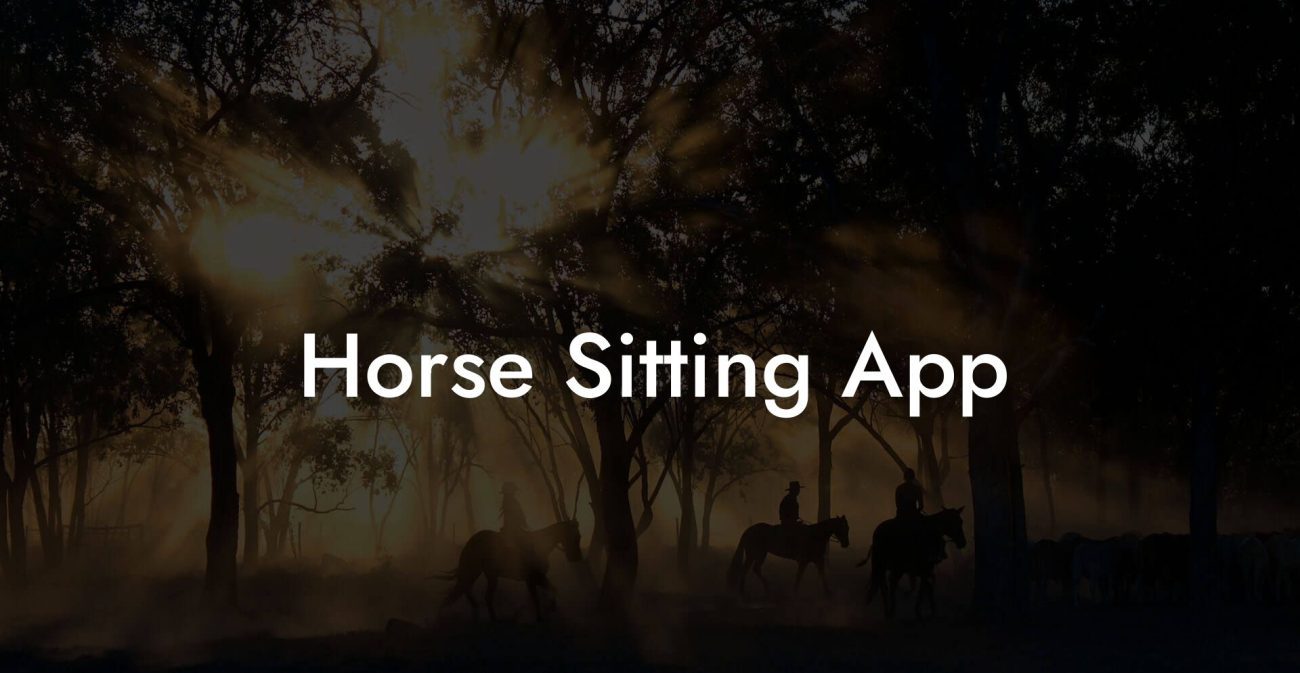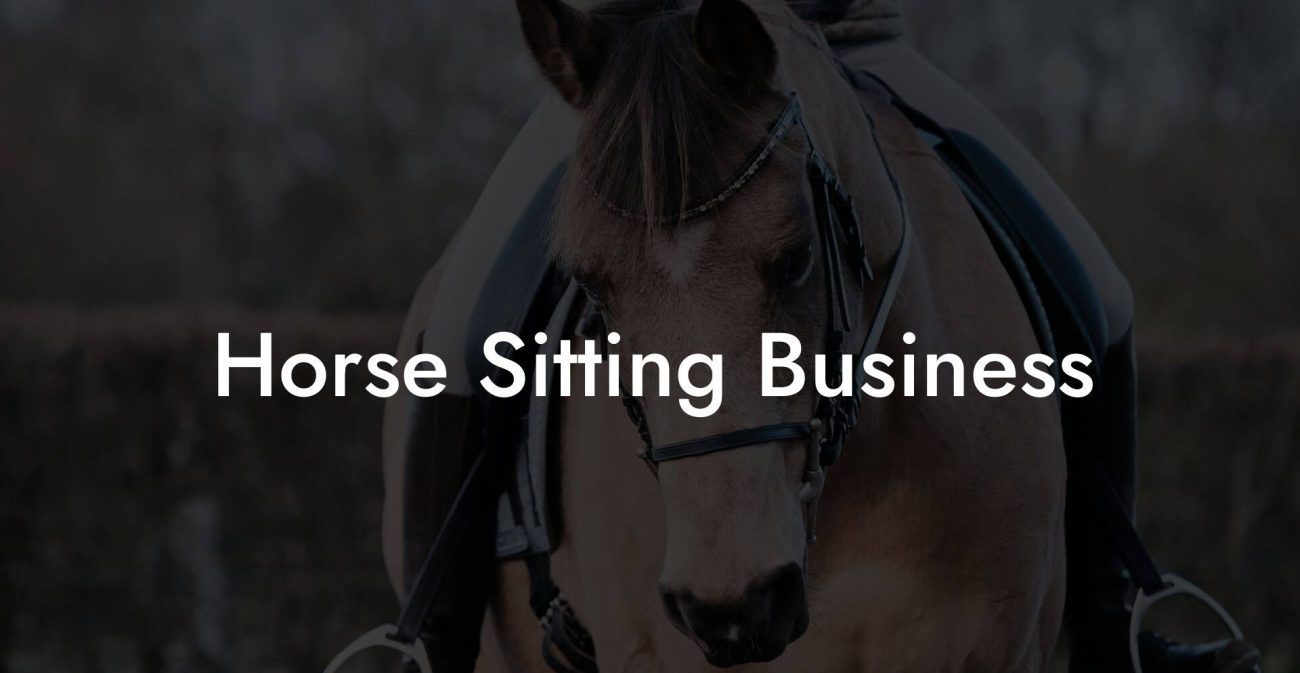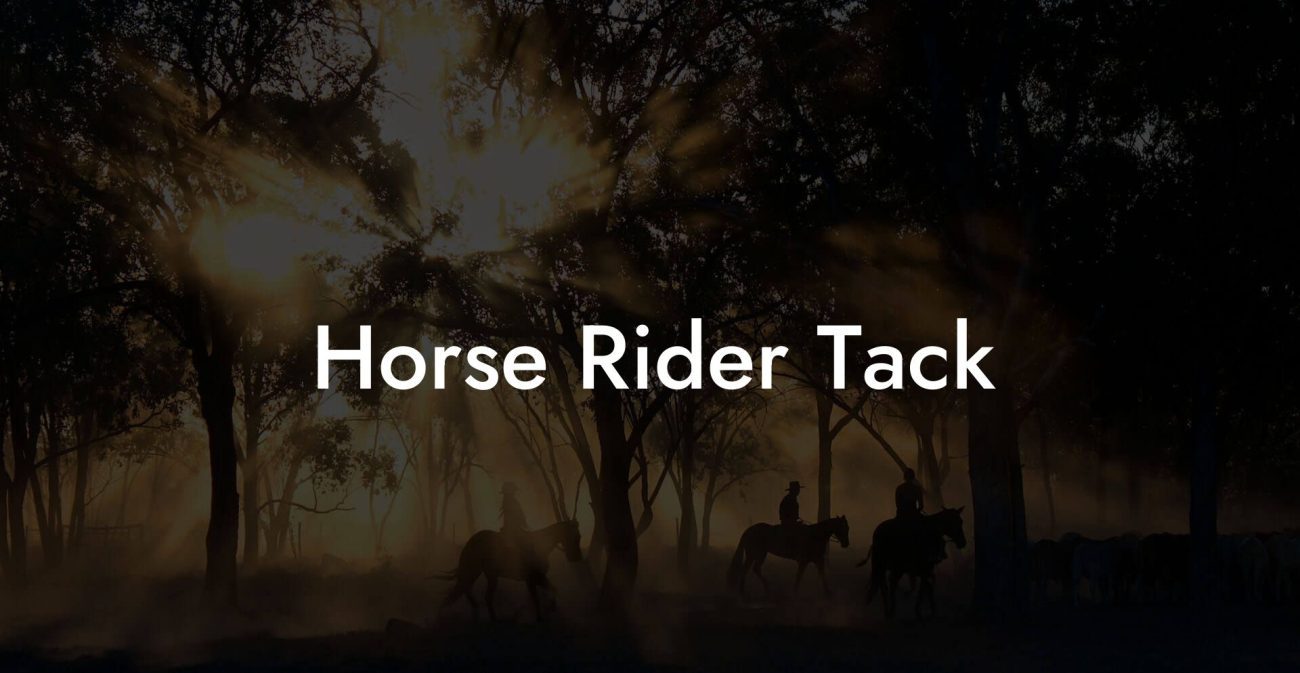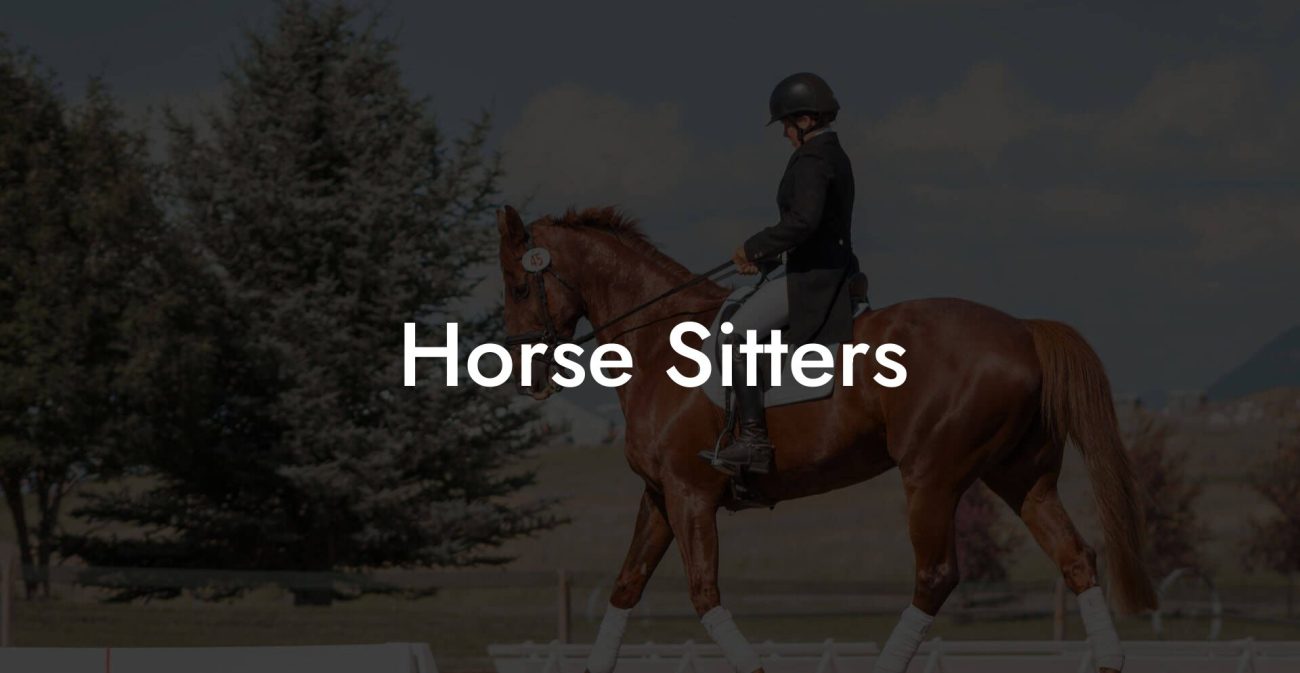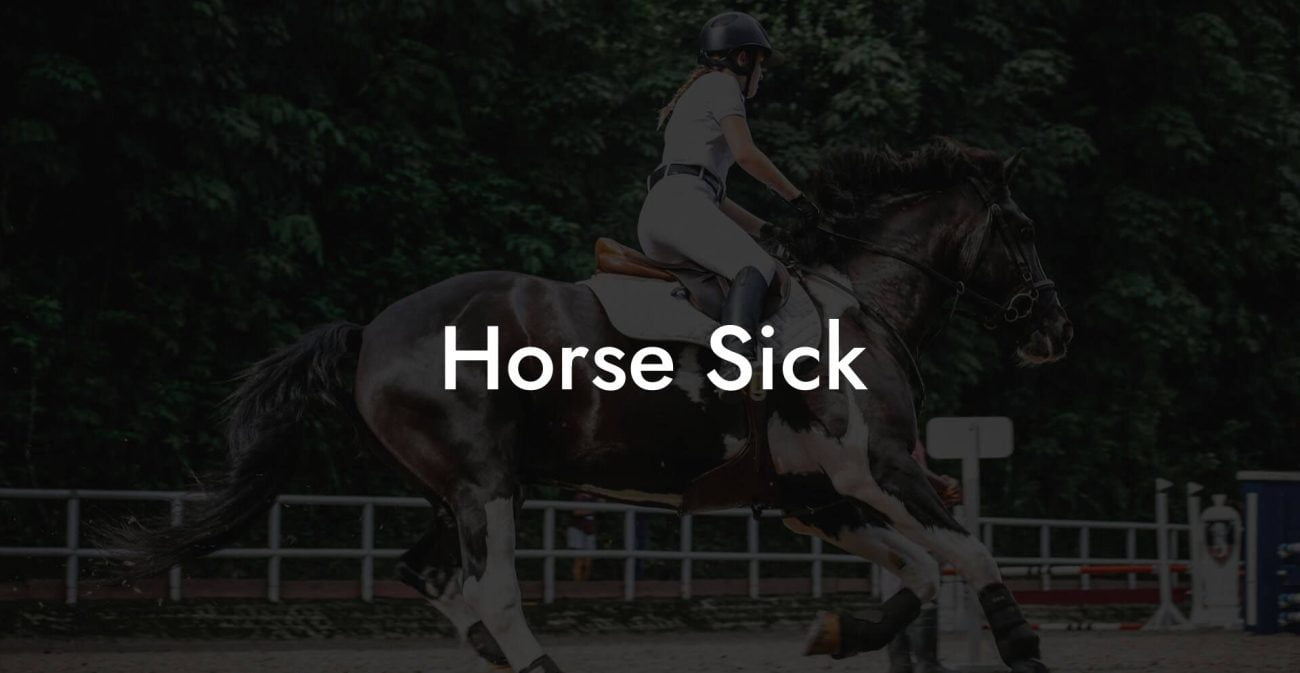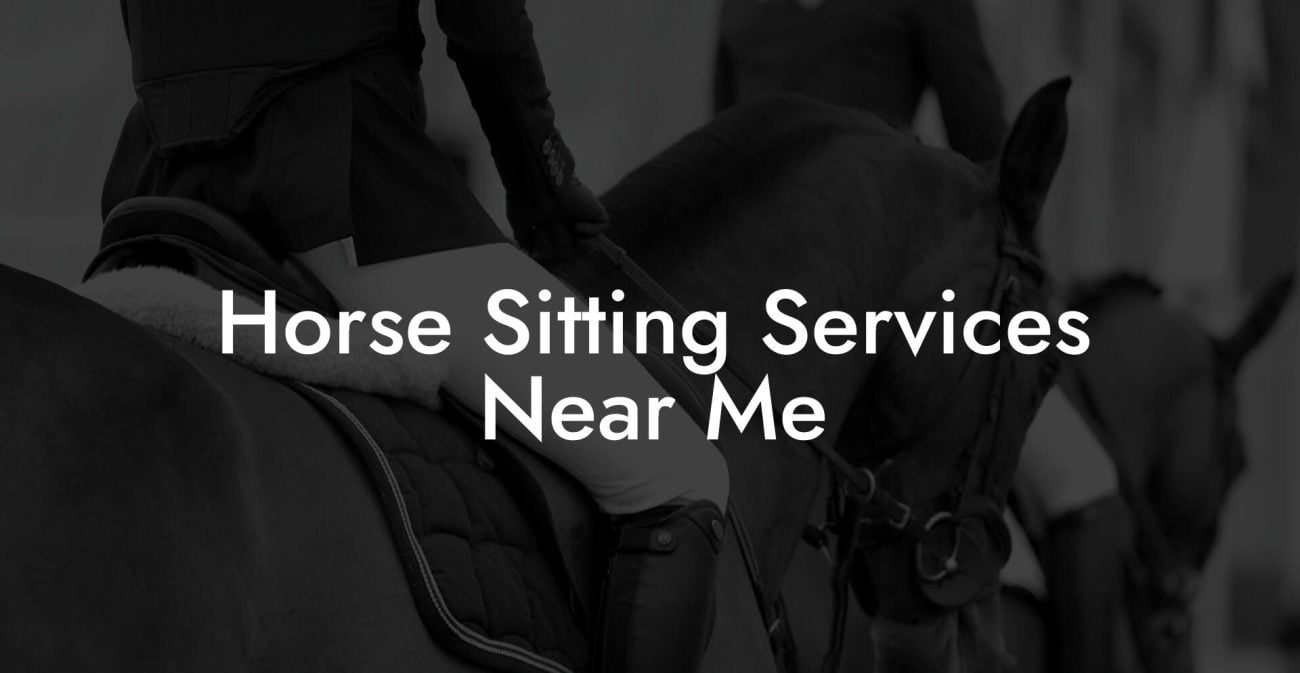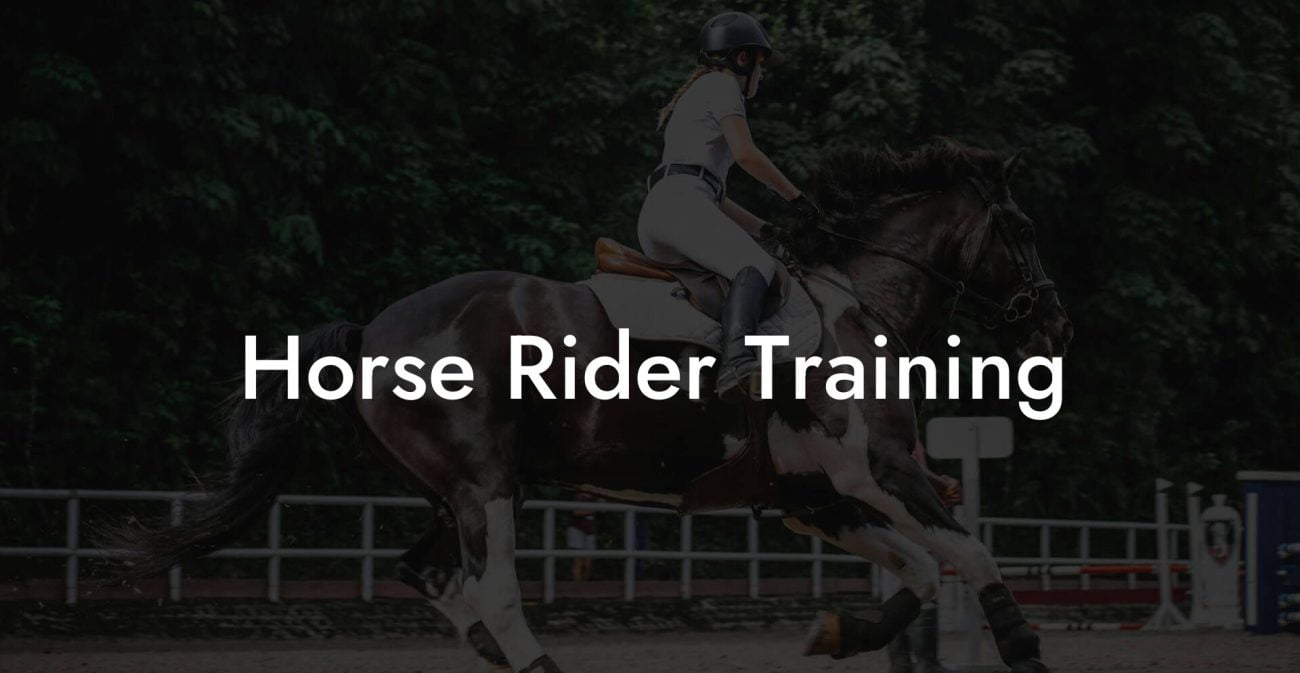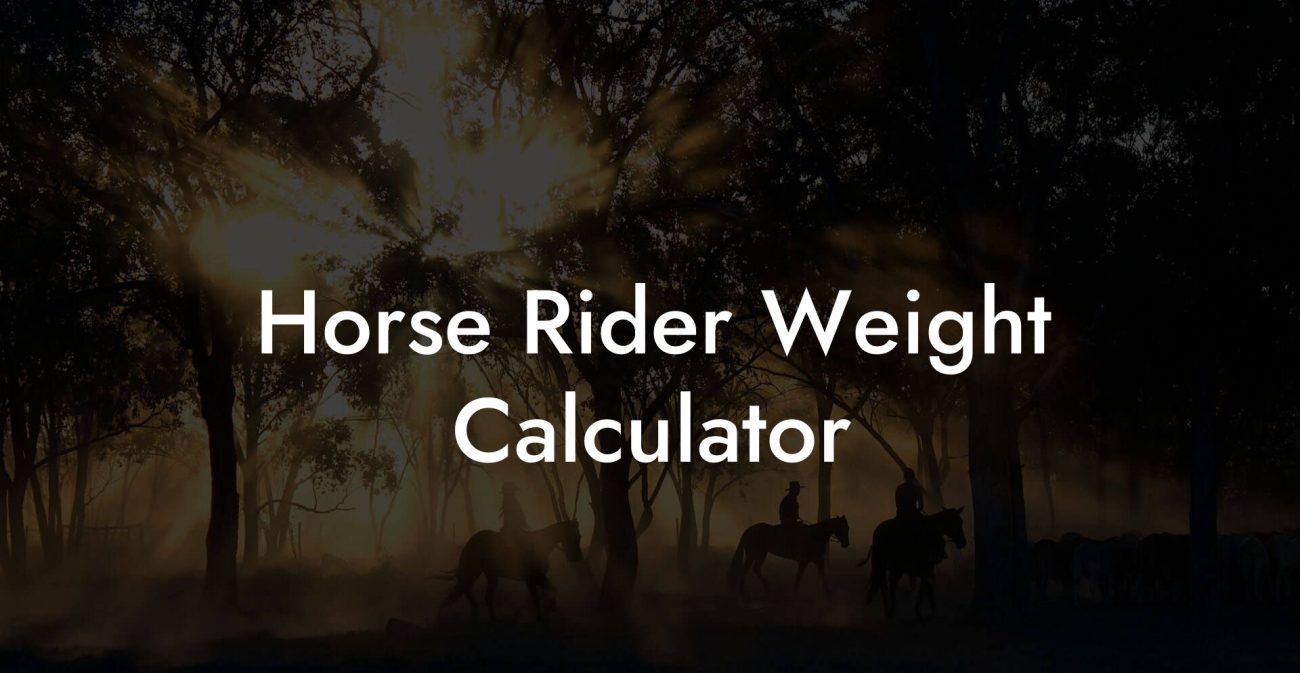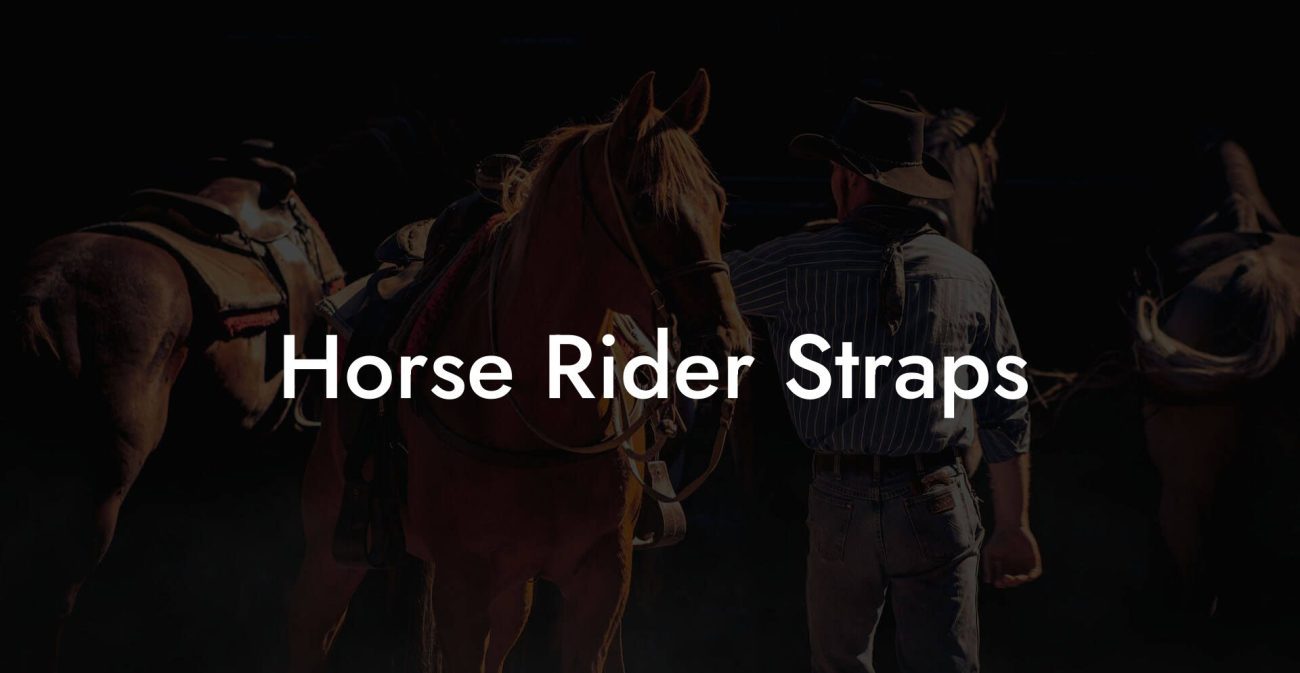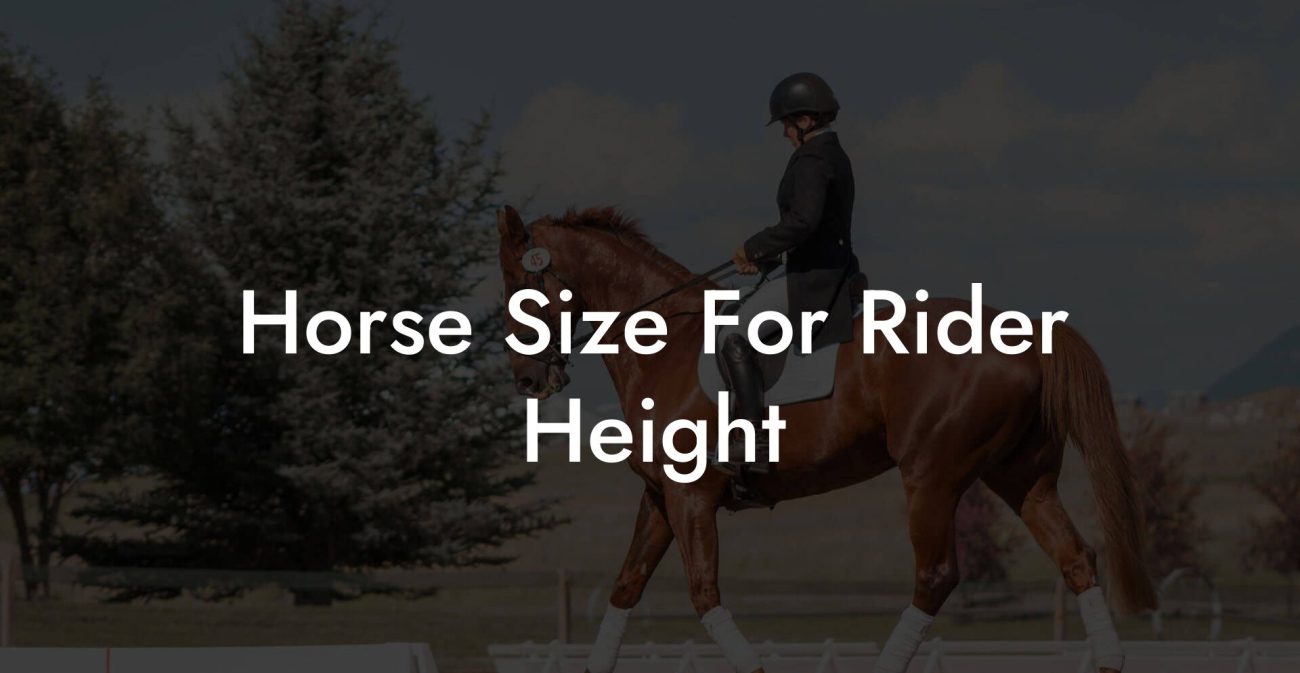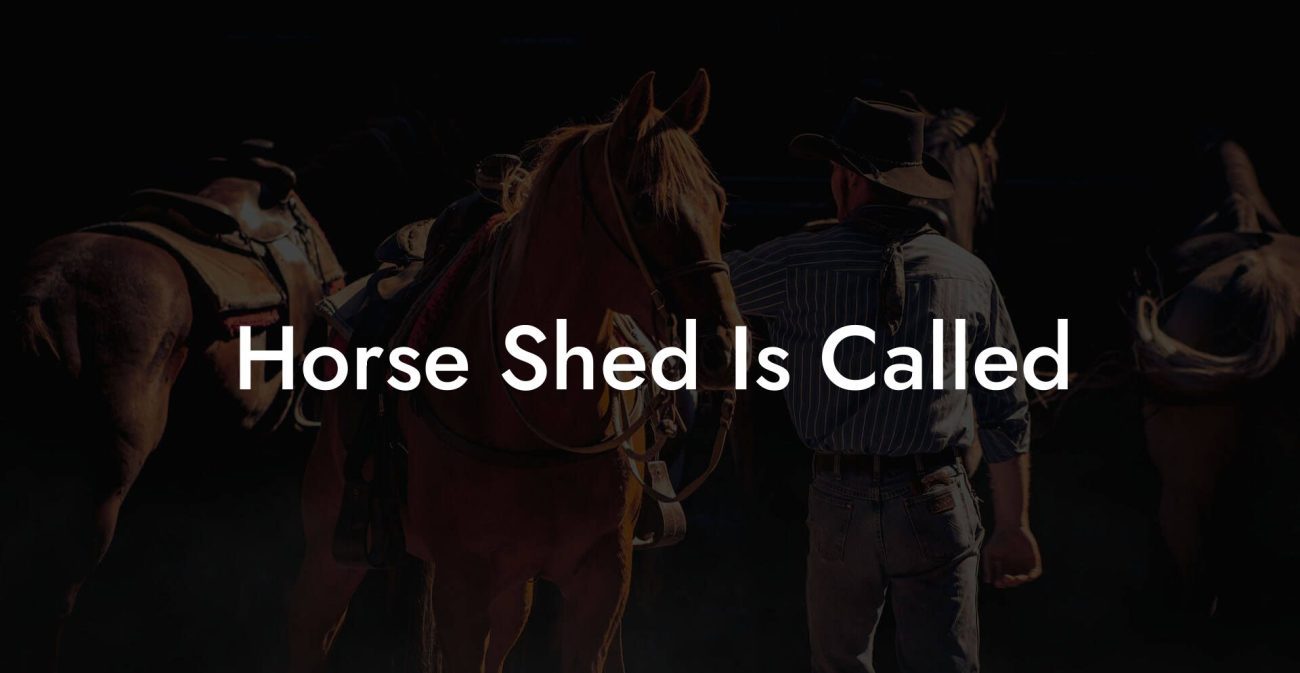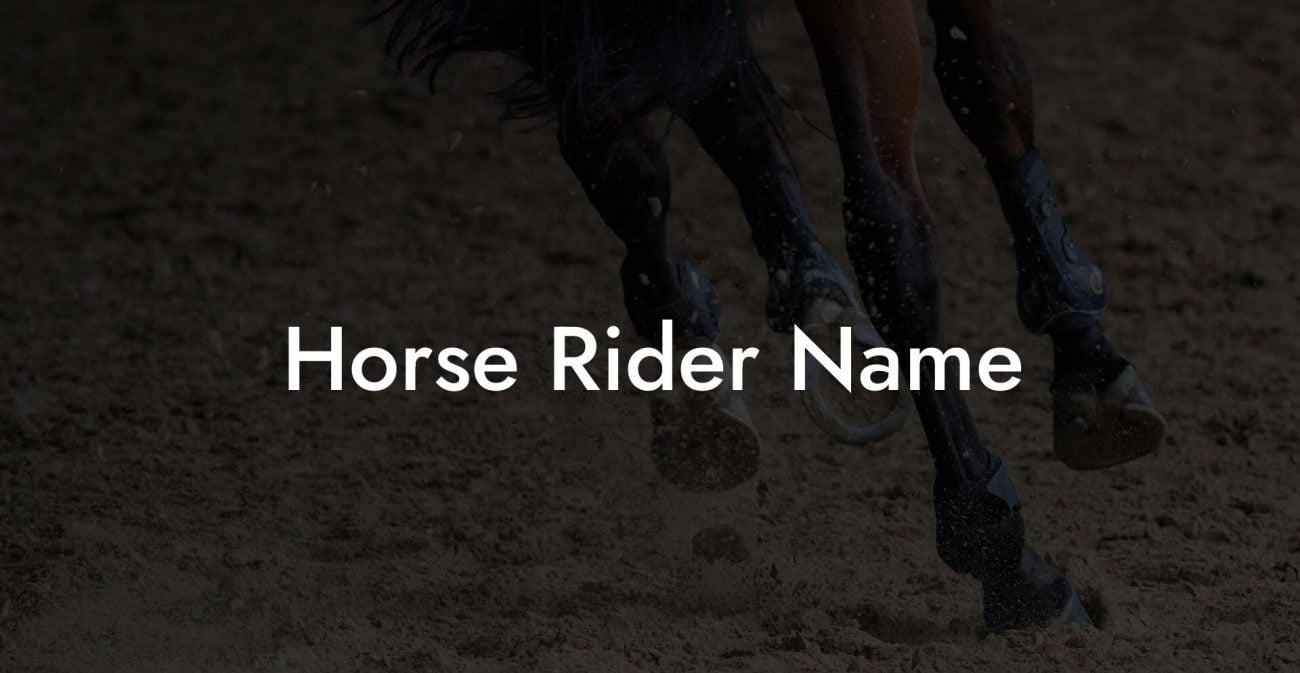Ever witnessed your majestic equine friend pause mid-munch with a surprising hack that echoes through the barn? You’re not alone, horse coughing when eating can be an unnerving, yet surprisingly common, phenomenon among our four-legged pals. It’s a quirky sign that something might be afoot (or rather, a-mucking) with your horse’s health. So buckle up as we dive into the ins and outs, the whys and hows, and some downright clever tips to ensure your horse stays chirpy, healthy, and cough-free during mealtime.
Quick Links to Useful Sections
- Understanding Horse Coughing When Eating: What's Going On?
- Common Causes: Why Is My Horse Coughing When Eating?
- 1. Dusty or Moldy Feed
- 2. Allergic Reactions and Environmental Irritants
- 3. Respiratory Infections and Inflammations
- 4. Aspiration and Swallowing Difficulties
- 5. Underlying Chronic Conditions
- Getting to the Root: Diagnosing the Problem
- 1. A Comprehensive Health Assessment
- 2. Physical Examination and Listening to the Lungs
- 3. Diagnostic Imaging and Endoscopy
- 4. Laboratory Testing
- Treatment Options: Conventional and Alternative Approaches
- Conventional Veterinary Treatments
- Environmental and Management Adjustments
- Complementary and Holistic Approaches
- Preventative Measures and Diet Adjustments: Safeguarding Your Horse’s Health
- Optimizing Feed Quality
- Regular Dental Checks
- Consistent Monitoring and Early Intervention
- Creating a Clean, Stress-Reduced Environment
- Case Studies: Real-Life Stories of Horses Overcoming the Cough
- Case Study 1: Dusty Hay and Persistent Coughing
- Case Study 2: The Allergy Mystery
- Case Study 3: Dental Health and Aspiration Risks
- Daily Care and Practical Tips: Keeping Your Horse Comfortable and Cough-Free
- Resources and Community Support: Your Next Steps
- FAQs About Horse Coughing When Eating
- Your Journey to a Happier, Healthier Horse
Understanding Horse Coughing When Eating: What's Going On?
When you hear that distinctive hacking or coughing sound as your horse eagerly digs into his hay or grain, it might feel like an unexpected interruption to an otherwise peaceful feeding routine. But don’t be too quick to judge: a cough during meals isn’t necessarily a death knell, it’s often just a red flag signaling that something needs to be addressed. Just as you wouldn’t ignore a cough if it persisted in you, a repetitive hack from your horse could indicate underlying issues that range from environmental irritants to early signs of more serious respiratory or dental problems.
In equine lingo, a cough while eating might be prompted by anything from dusty fodder to structural changes in the respiratory tract. The good news is that, with a bit of know-how and timely intervention, many of these issues are manageable. In understanding your horse’s cough, you also get a unique peek into their overall health, making it an important signal for proactive equine care.
For today's audience of Gen-Z caretakers and millennial horse enthusiasts, consider this: just like our holistic approach to self-care, your horse’s well-being benefits from an integrative method that looks beyond the obvious. Whether it’s modern diagnostics or a creative twist on age-old remedies, learning to decode the cough is the first step in ensuring your trusty steed enjoys every meal without a hitch.
Common Causes: Why Is My Horse Coughing When Eating?
Before you start envisioning a dire scenario, let’s break down some of the usual suspects behind a horse’s cough during mealtime. By grouping these causes under semantic keyword clusters such as “equine respiratory health,” “dusty feeds,” “allergic reactions,” and “dental issues,” we can better understand the multifaceted nature of these symptoms.
1. Dusty or Moldy Feed
One of the primary culprits of a mid-meal cough is the quality of the feed. Horses are notorious for their sensitivity to the dust and mold present in hay and grain. Even a few inhaled particles can irritate the mucous membranes of the respiratory tract, triggering a cough as a natural reflex to clear the airways.
For those who love freshly baled hay or high-quality grains, vigilance is key. Keep an eagle eye on your feed’s storage conditions to ensure it’s kept dry and clean. A simple tweak in your storage method might just be the preventive measure your horse needs.
2. Allergic Reactions and Environmental Irritants
Much like us during allergy season, horses can react to airborne irritants. Pollen, dust mites, or even a change in weather can provoke allergic responses that manifest as coughing. Imagine trying to savor your smoothie on a windy day with dust swirling around, drawing a parallel, a similar scenario unfolds in your horse’s respiratory system.
3. Respiratory Infections and Inflammations
Coughing usually serves as a protective mechanism, alerting us to the presence of irritants or infections. In horses, respiratory infections, ranging from mild viral infections to more severe bacterial pneumonia, can disrupt normal eating routines. Equine respiratory diseases often require prompt veterinary attention, as leaving them unchecked can lead to long-term complications.
4. Aspiration and Swallowing Difficulties
Occasionally, the act of eating itself can present risks. If a horse doesn’t chew its food properly due to dental issues or discomfort, pieces of food might escape into the respiratory tract, triggering a cough reflex while trying to clear the airway. It’s like attempting to talk while munching on crunchy chips, we all know how probable it is to end up coughing!
5. Underlying Chronic Conditions
Some horses may develop chronic respiratory conditions, such as equine asthma (also known as Recurrent Airway Obstruction or heaves), which make them prone to coughing, especially when exerting themselves while eating. Monitoring your horse’s behavior and acknowledging subtle changes is crucial to catch these conditions early.
Getting to the Root: Diagnosing the Problem
Just as you wouldn’t self-diagnose a mysterious cough without a visit to a trusted doctor, diagnosing why your horse is coughing when eating requires a thoughtful, systematic approach. The process generally begins with a thorough evaluation from a qualified equine veterinarian who specializes in respiratory health.
Here’s how the pros generally tackle the mystery:
1. A Comprehensive Health Assessment
The first step involves a detailed review of your horse’s overall health history. Questions might cover recent dietary changes, any exposure to new environments (like a dusty stable or a new barn), and the length and frequency of the coughing episodes. The veterinarian might also inquire about other symptoms such as nasal discharge, lethargy, or changes in appetite.
2. Physical Examination and Listening to the Lungs
A hands-on physical examination is critical in detecting abnormal sounds in the lungs. Using a stethoscope, the vet listens for wheezing, crackles, or other irregularities that hint at underlying inflammation or blockage.
3. Diagnostic Imaging and Endoscopy
In more stubborn cases, advanced diagnostics such as radiographs (X-rays), ultrasound, or even endoscopy might be recommended. These tools help the vet visualize the internal airways and detect any structural abnormalities or foreign bodies.
4. Laboratory Testing
Depending on the situation, laboratory tests such as blood work or tracheal wash samples may be conducted to rule out infections or immune-mediated conditions. These tests provide invaluable clues about inflammation levels and potential allergens that could be triggering the cough.
Treatment Options: Conventional and Alternative Approaches
Once the underlying cause is identified, the treatment journey can begin. The exciting part is that there’s a variety of remedies available, ranging from tried-and-true conventional treatments to innovative, holistic approaches that mirror the integrative methods in human healthcare.
Conventional Veterinary Treatments
Many horses benefit from standard medical interventions. These might include:
- Anti-inflammatory Medications: Non-steroidal anti-inflammatory drugs (NSAIDs) help reduce airway inflammation and alleviate the discomfort associated with coughing.
- Bronchodilators: These medications relax and open up the airways, making it easier for horses with chronic respiratory conditions to breathe during meals.
- Antibiotics: If a bacterial infection is identified, a course of antibiotics may be prescribed to get your horse’s lungs back into tip-top shape.
- Corticosteroids: In cases of severe inflammation, corticosteroids might be used to provide more robust relief.
Always consult with your equine vet before starting any medication regimen, as dosing and specific treatments need to be tailored to your horse’s individual health needs.
Environmental and Management Adjustments
Sometimes, the best treatment is a change in environment. For example, improving your barn’s ventilation and reducing dust can significantly lower the occurrence of coughing. Consider these practical adjustments:
- Quality Feed and Bedding: Ensure your horse’s food is fresh, mold-free, and stored in optimal conditions to minimize dust and fungal spores. Switching to low-dust hay or even soaking hay before feeding can help cut down on respiratory irritants.
- Water Management: Providing plenty of clean, cool water encourages proper swallowing and digestion, reducing the risk of food aspiration into the respiratory tract.
- Regular Stall Maintenance: Keeping the stable clean and dust-free reduces airborne particulates considerably.
Complementary and Holistic Approaches
For those who love a blend of modern science and traditional wisdom, there are several complementary strategies that might boost your horse’s recovery and overall health:
- Herbal Supplements: Certain herbal remedies, such as extracts of eucalyptus or ivy, have been known to help ease respiratory discomfort. Always check with your vet before integrating new supplements into your horse’s diet.
- Nutritional Adjustments: A balanced diet rich in antioxidants and omega fatty acids can help support respiratory and immune health. Incorporate feeds that reduce inflammation, think fresh vegetables, legumes, and specially formulated equine supplements.
- Acupuncture and Massage Therapy: Believe it or not, alternative therapies such as acupuncture might play a role in relaxing tight muscles and reducing stress, which can indirectly support better respiratory function.
Remember, every horse is unique. What soothes one may not work for another, so consider these alternative approaches as part of a larger, personalized treatment plan.
Preventative Measures and Diet Adjustments: Safeguarding Your Horse’s Health
In the age of holistic wellness, prevention is often the best cure. While it’s important to address existing coughing episodes, keeping an eye on preventative measures can save you a great deal of worry, and vet bills, in the future.
Optimizing Feed Quality
Paying extra attention to feed quality is a top-tier strategy to prevent respiratory irritation. Choose hay and grains that have been stored in cool, dry conditions, and consider investing in a feed cleaner or separator to eliminate dust. In many cases, transitioning to a lower-dust alternative or even soaking hay for 30 minutes prior to feeding provides immediate relief to sensitive equine airways.
Regular Dental Checks
Horses with dental issues may start chewing incorrectly, increasing the risk of food pieces accidentally slipping into their airways. Routine dental examinations not only ensure your horse is chomping away happily but also prevent complications from misaligned or worn-down teeth. This proactive approach is akin to the regular dental visits you might make every six months!
Consistent Monitoring and Early Intervention
Keeping a daily log of your horse’s eating habits, energy levels, and any occurrences of coughing can be invaluable. Not only does it help identify patterns, but it also serves as an excellent reference when discussing treatment options with your vet. By catching any signs early, you’re in a much better position to nip potential health issues in the bud.
Creating a Clean, Stress-Reduced Environment
Just as our mental health can impact our overall well-being, stress in horses can contribute to physical symptoms, including coughing. Ensure that the stable environment is calm and free from unnecessary stressors. This might involve spending more time with your horse during daily routines, incorporating gentle exercise into their schedule, or even playing some soothing music while they munch on hay.
Through a combination of superior nutrition, vigilant environmental management, and routine veterinary care, you provide your horse with the best possible defense against respiratory irritants. Prevention truly is the best remedy, and it pays dividends in a well-cared-for equine companion.
Case Studies: Real-Life Stories of Horses Overcoming the Cough
Sometimes, nothing beats the power of a real-life story. Let’s explore a few relatable case studies that highlight how addressing the cough head-on brought remarkable improvements!
Case Study 1: Dusty Hay and Persistent Coughing
Bella, a robust quarter horse with a penchant for exploring every corner of her stable, began coughing during meal times. Her owner, a green but determined millennial horse enthusiast, noticed that the cough coincided with the delivery of a new batch of hay. With guidance from a trusted equine vet, Bella’s hay was switched to a lower-dust variety, and an air filtration system was installed in her stable. Within weeks, the cough subsided significantly, restoring Bella’s appetite and zest for life. This case underscored the importance of feed quality and proper stable maintenance.
Case Study 2: The Allergy Mystery
Rocky, a spirited gelding known for his playful antics, started coughing persistently, perplexing his owner. After extensive observation, it was revealed that Rocky was reacting not to his food but to seasonal pollen infiltrating his barn. By implementing simple changes such as using a pollen filter on barn windows and relocating the feeding area to a sheltered spot, Rocky’s coughing episodes decreased dramatically. His case is a great reminder that sometimes, the issue may lie beyond what’s in the feed bowl.
Case Study 3: Dental Health and Aspiration Risks
Duke, a seasoned old-timer with a gentle disposition, experienced coughing and slight weight loss. A thorough dental exam uncovered worn-down molars that led to improper chewing and the inadvertent inhalation of food bits. With routine dental corrective procedures and monitored feeding practices, Duke’s condition improved over time. His story highlights why regular dental checks are critical for avoiding aspiration risks and maintaining overall equine health.
These case studies provide a glimpse into how multifaceted the issue of horse coughing when eating can be. They also reinforce that the solution lies not in a single treatment but in a combination of vigilance, environmental adjustments, and timely veterinary interventions.
Daily Care and Practical Tips: Keeping Your Horse Comfortable and Cough-Free
Caring for an animal that displays symptoms such as coughing when eating might seem daunting at first, but with the right tips and a bit of attentiveness, you can make a real difference. Here are some practical, everyday tips for ensuring your horse’s comfort:
- Monitor Feed Consistency: Always inspect hay and grains for dust, mold, or other signs of spoilage. Consider routine feed testing if you suspect quality issues.
- Optimize Feeding Times: Try feeding your horse in a calm, low-stress environment and avoid rushing the process. Allow plenty of time for your horse to chew slowly and thoroughly.
- Create a Clean Feeding Area: Regularly clean feeders and water troughs to prevent the buildup of dust and bacteria.
- Invest in a Good Dental Routine: Schedule regular dental check-ups and cleanings, ensuring your horse’s teeth are in prime condition for efficient chewing.
- Establish a Routine Health Log: Document any changes in your horse’s behavior or symptoms. This practice not only helps in identifying potential issues early but also provides useful insights during vet consultations.
- Focus on Stress-Relief: Include activities such as light exercise, grooming, and even a few playful moments to reduce your horse’s stress, which in turn supports better overall health.
By incorporating these tips into your daily routine, you can reduce the risk of coughing episodes while promoting a healthier, happier lifestyle for your equine companion.
Resources and Community Support: Your Next Steps
Navigating the challenges of horse coughing when eating can feel overwhelming, especially if you’re new to the realm of equine care. Fortunately, you’re not alone on this journey. A wealth of resources and supportive communities exists online and offline to guide you through every step of your horse care adventure.
Consider joining equestrian forums, social media groups, or local clubs where fellow horse owners share experiences, remedies, and practical advice. Not only can these networks help you stay updated on the latest in horse health and equine veterinary care, but they also provide reassurance and firsthand knowledge from peers who have faced similar challenges.
Additionally, check out reputable websites, veterinary blogs, and academic journals dedicated to equine health. Many experts and equine vets publish guides, research studies, and FAQs that delve deep into topics like respiratory management, diet optimization, and the crucial role of environmental adjustments in preventing respiratory irritants.
Remember, proactive learning and community support are invaluable as you carve out a personalized care plan for your horse. These resources empower you to take charge, ask the right questions, and collaborate with professionals to ensure your horse remains in optimal health.
FAQs About Horse Coughing When Eating
We’ve compiled a list of frequently asked questions to help clarify common concerns and provide practical insights into this issue.
1. Is it normal for horses to cough while eating?
While an occasional cough might not be alarming, frequent coughing during meals is a signal that warrants further investigation to rule out underlying respiratory or dental issues.
2. Can dusty hay really cause a horse to cough?
Absolutely. Dusty or moldy hay is a common trigger for coughing as the fine particles irritate the respiratory tract, making it one of the primary culprits behind mealtime coughs.
3. What are the signs I should look out for besides coughing?
Additional signs can include nasal discharge, decreased appetite, weight loss, or labored breathing, each of which indicates that professional veterinary advice should be sought promptly.
4. How can I improve the air quality in my barn?
Maintaining a clean stable, using proper ventilation, and minimizing dust through regular cleaning and feed management are all effective strategies to improve air quality and reduce respiratory irritants.
5. When should I consult a veterinarian?
If coughing becomes persistent, is accompanied by other symptoms such as lethargy or nasal discharge, or if you notice any decline in your horse’s overall performance, consult your equine veterinarian immediately.
6. Are there natural supplements that can help soothe a horse's cough?
Some herbal supplements may help alleviate mild respiratory irritation, but always check with your vet before incorporating any new supplement into your horse’s regimen.
7. Can dental issues really affect my horse's breathing?
Yes, dental discomfort can lead to improper chewing, increasing the risk of aspiration and triggering a cough. Regular dental checks help prevent this issue.
8. How do environmental changes help reduce coughing?
Improvements in bedding, reducing dust in feed, and ensuring proper ventilation all reduce airborne irritants, which in turn decreases the frequency and severity of coughing episodes.
Stay informed, stay proactive, and remember that understanding your horse’s cough is a key step toward ensuring a happy, healthy life for your equine companion.
Your Journey to a Happier, Healthier Horse
Caring for your horse is a dynamic, ongoing adventure that involves a delicate blend of modern science, practical know-how, and genuine love. Understanding why your horse coughs when eating is just the first chapter in a much larger story of proactive equine health care.
With every tweak to the feed, every visit to the vet, and every shared tip from the vibrant community of horse owners, you’re paving the way for a stronger, healthier, and more content companion. Remember, every cough cleared and every improvement in your horse’s quality of life serves as a reminder that caring for horses is as much an art as it is a science.
Adopt a mindset of constant learning and adaptability, the world of equine care is always evolving, with new techniques and insights emerging every day. Embrace the challenge, celebrate the small wins, and connect with fellow horse enthusiasts who share your commitment to compassionate care.
Whether you’re a seasoned rider or just starting your journey in equine care, every step you take towards understanding and troubleshooting health issues like coughing when eating deepens the bond between you and your horse. So, lean into the experience, tap into the collective wisdom of the equestrian community, and let each day be a step toward ensuring your horse is as healthy as they are happy.

